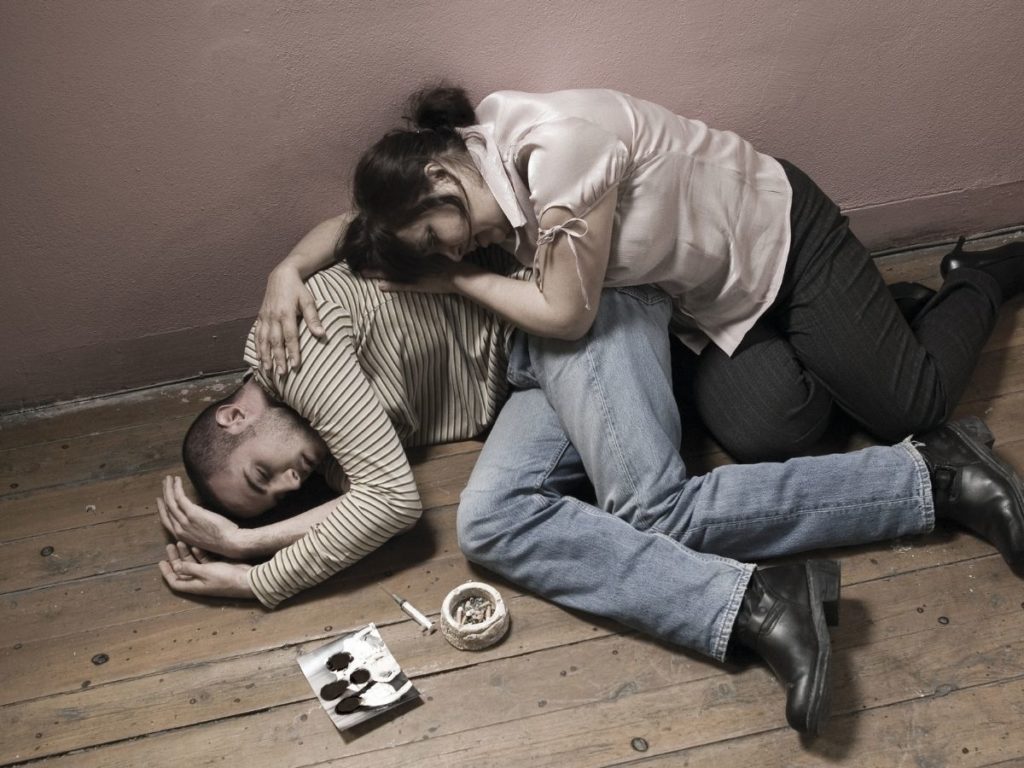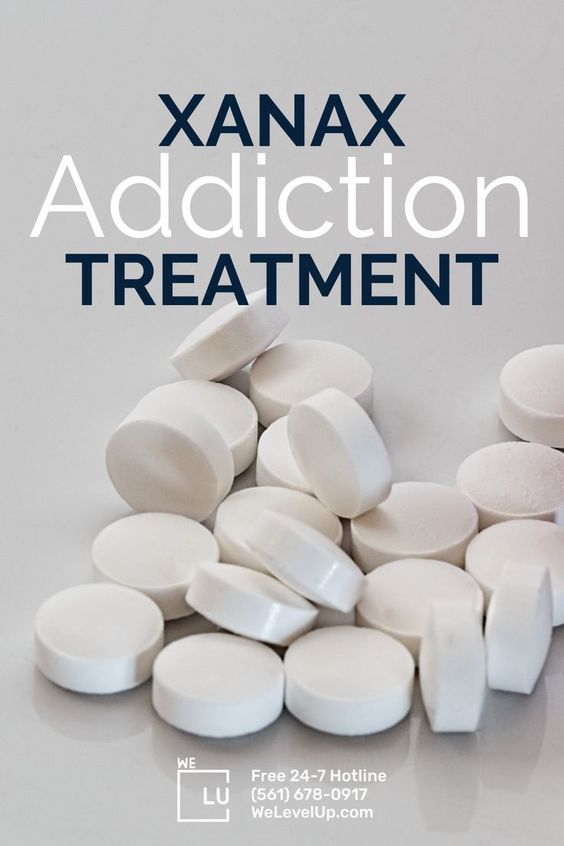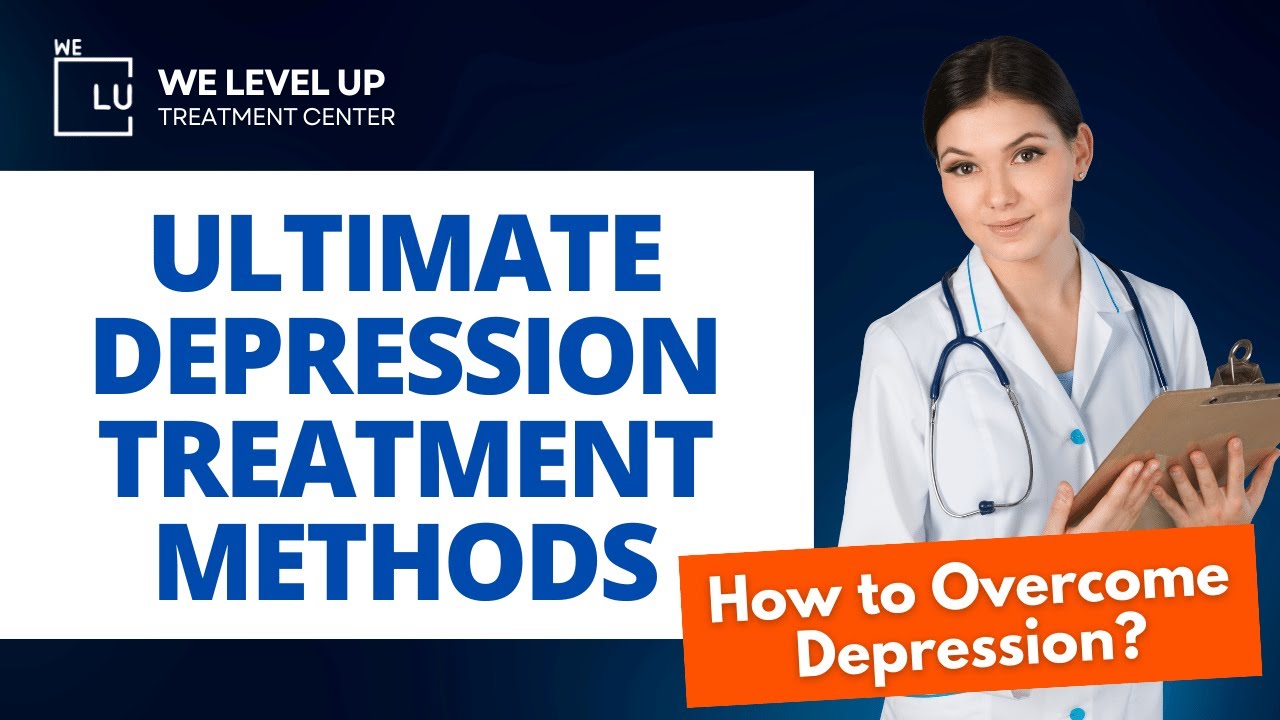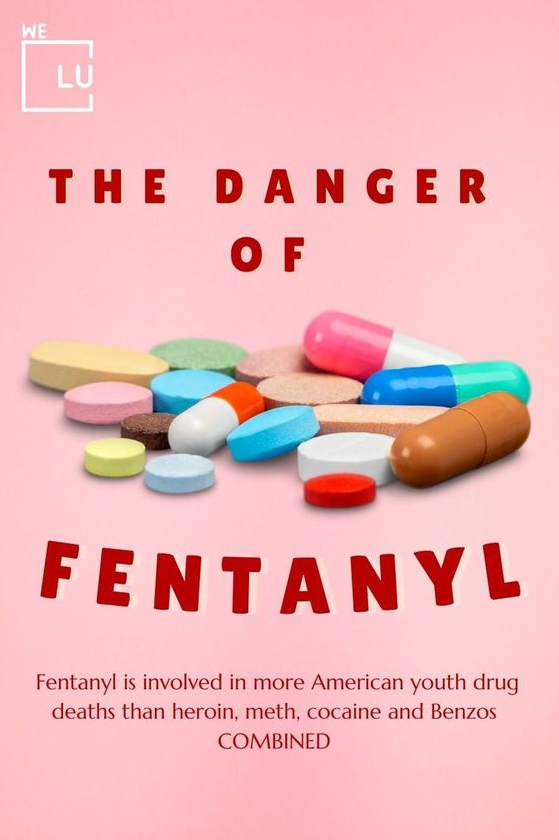How Common is PTSD in Women?
Trauma is common in women; five out of ten women experience a traumatic event. Women tend to experience different traumas than men. While both men and women report the same symptoms of PTSD (hyperarousal, reexperiencing, avoidance, and numbing), some symptoms are more common for women or men. [1]
Most early information on trauma and PTSD came from studies of male Veterans, mostly Vietnam Veterans. Researchers began to study the effects of sexual assault and found that women’s reactions were similar to male combat Veterans. Women’s experiences of trauma can also cause PTSD. This finding led to more research on women’s exposure to trauma and PTSD.
Are some women more likely to develop PTSD?
Yes, although most women who go through trauma won’t get PTSD. But you may be more likely to develop PTSD if you:
- Were directly exposed to the trauma as a victim or a witness. As many as half of women who are raped develop PTSD.
- Were seriously hurt during the traumatic event
- Went through a trauma that lasted a long time or was very severe
- Have another mental health condition like depression or anxiety
- Drink a lot of alcohol or alcohol addiction
- Don’t have a good support network
- Experienced trauma during childhood
Risk of Experiencing Trauma in Women
Findings from a large national mental health study show that a little more than half of all women will experience at least one traumatic event in their life. Women are slightly less likely to experience trauma than men. The most common trauma for women is sexual assault or child sexual abuse. About one in three women will experience a sexual assault in their lifetime. Rates of sexual assault are higher for women than men. Women are also more likely to be neglected or abused in childhood, to experience domestic violence, or to have a loved one suddenly die.

PTSD Symptoms
PTSD starts at different times for different people. PTSD symptoms in women may start immediately after a traumatic event and then continue. But people may develop new or more severe PTSD symptoms months or even years later.
PTSD symptoms in women may include:
- You relive the event, sometimes through nightmares or flashbacks. You may feel physical effects, such as a racing heart or sweating.
- You avoid situations that remind you of the event. For example, if you were in a car crash, you might avoid being in a car or at the location of the crash.
- You have negative thoughts and feelings that make it hard to live your life. You may have trouble remembering; feel anger, guilt, or shame; or have more negative thoughts about yourself. You might feel empty or numb. It might be hard to show interest or happiness in activities you used to enjoy.
- You feel jittery, nervous, or tense. This may make it hard to sleep or concentrate on everyday activities like work, school, or reading.

If you’ve experienced some or all of these PTSD symptoms in women for at least 1 month and they are making it hard to live your life normally, talk to a doctor, nurse, or mental health professional.
How are the symptoms of PTSD different for women than for men?
PTSD Symptoms in Women
Women may experience PTSD differently from men. Women with PTSD may be more likely than men with PTSD to:
- Be easily startled
- Have more trouble feeling emotions or feel numb
- Avoid things that remind them of the trauma
- Feel depressed and anxious
PTSD symptoms in women are longer than men (on average, 4 years versus 1 year) before diagnosis and treatment. Women with PTSD are less likely than men to have problems with alcohol or drugs after the trauma. Both women and men who have PTSD may also develop physical health problems. [2]
How Is PTSD Diagnosed?
A mental health professional can diagnose PTSD. To be diagnosed with PTSD, an adult must have symptoms for at least 1 month, and the symptoms must be severe enough to affect that person’s ability to function at work and at home.
Having some symptoms of PTSD does not always mean you have PTSD. You could have another mental health condition, or you could be having a natural response in the weeks following the traumatic event. If you think you might have PTSD, the following questions can help you find out whether you should see a mental health professional for PTSD. If you answer “yes” to any three of these questions, talk to your doctor or nurse.
In your life, have you ever had any experience that was so frightening, horrible, or upsetting that, in the past month, you:
- Have had nightmares about it or couldn’t stop yourself from thinking about it, even when you did not want to?
- Went out of your way to avoid situations or people that reminded you of it?
- Were constantly on guard, anxious, or easily startled?
- Felt numb or detached from others, activities, or your surroundings?
Dual Diagnosis
Many people with PTSD have other mental health conditions, such as depression, anxiety, or even suicidal thoughts or behaviors. Getting treatment for PTSD and any other mental health conditions will help you get better. Treatment for PTSD works best when you and your doctor know about the effects of other mental health conditions and take steps to treat them at the same time.

Substance abuse and addiction are commonly connected to co-occurring disorders like PTSD, depression, and anxiety. People seeking treatment for PTSD are 14 times more likely to be diagnosed with a substance abuse disorder (SUD). Attempting to self-medicate can be a cause to why many people with PTSD also abuse a substance. The thought is that by using substances, a person with PTSD will null or avoid PTSD symptoms. Those with PTSD with a SUD are more likely to abuse alcohol over drugs, such as cocaine. The service members and veterans that have heavy drinking tendencies are more likely to have PTSD and depression. War veterans with a PTSD diagnosis, who also drink alcohol, tend to be diagnosed with binge drinking. [3]
Because of the profound distress and impairment in the lives of those affected by PTSD, many people abuse drugs or alcohol to cope. Below are some reasons why victims of trauma often use substances:
- To fall asleep due to the sleep dysfunction caused by PTSD
- To avoid traumatic memories or dreams
- To forget about their problems
- To deal with mood disturbances associated with PTSD
- To numb themselves from extreme emotions
Abusing drugs or alcohol can exacerbate these problems over time and decrease functioning across many areas of life. However, proper treatment can help people with PTSD to recover healthily and positively. [4]
PTSD Treatment
A doctor, nurse, or mental health professional who has experience in treating people with PTSD can help you. Treatment may include therapy or counseling, medicine, or both.

toward maintaining strong mental health for you and your family.
- Cognitive processing therapy (CPT) is a type of talk therapy that was developed specifically to treat PTSD. CPT helps you pay attention to and change your upsetting thoughts.
- Prolonged exposure therapy is another type of talk therapy. A therapist will help you talk about and slowly remember the traumatic event repeatedly over time. Over time, the therapist will guide you through the difficult feelings and memories. By confronting the trauma, you may become less sensitive to the memories and related situations.
- Eye movement desensitization and reprocessing (EMDR) therapy is another type of therapy used to treat PTSD. During EMDR, you will be asked to remember and talk about the trauma while also focusing on a specific visual item, like the therapist’s hand, or listening to a specific sound, like beeps.
- Medications to treat PTSD symptoms in women may include antidepressants and anti-anxiety medicine.
Programs, services, and treatments vary. We Level Up rehab facilities do not provide EMDR therapy. Because patient stability should come prior to EMDR treatment. That’s why EMDR therapy to process trauma for patients actively drinking and abusing drugs should await their stability phase of treatment. EMDR phases 3 – 8 therapy is best enacted for patients that feel and experience a safer, trustful connection with their treatment team.
We Level Up rehab centers treat the entirety of behavioral health disorders including secondary corresponding illnesses to improve long-term recovery outcomes. Get a free substance abuse and or mental health assessment and find out what treatment options are most suitable for you. Call to learn more.
Treatments can last weeks, months, or longer. Treatment is not the same for everyone. What works for you might not work for someone else with PTSD. Drinking alcohol or using other drugs will not help PTSD go away and may even make it worse.
If you suffer from an addiction to drugs or alcohol and post-traumatic stress disorder, seek out a recovery center specializing in treating people with a dual diagnosis. We Level Up can develop treatment plans that address both PTSD and addiction simultaneously, which can help prevent relapse. Some rehabs are more experienced in treating those with PTSD than others, so ask about the staff’s experience before choosing the program. All recovery programs are different, so your choice will depend on your individual needs.
If you or a loved one would like to learn more about treatment with co-occurring PTSD and addiction we can help. At We Level Up TX treatment center provides world-class care with round-the-clock medical professionals available to help you cope. We work as an integrated team providing support through PTSD symptoms in women and addiction and other aspects of treatment. Make this your opportunity to reclaim your life. Call today to speak with one of our treatment specialists. Our specialists know what you are going through and will answer any of your questions.
Your call is private and confidential, and there is never any obligation.
Sources:
[a] How Common is PTSD » How Common is PTSD in Women? – U.S. Department of Veterans Affairs
[b] Post-traumatic stress disorder – Office on Women’s Health in the U.S. Department of Health and Human Services
[c] We Level Up – Mental Health » PTSD And Addiction
[d] PTSD: National Center for PTSD. PTSD and Substance Abuse in Veterans





